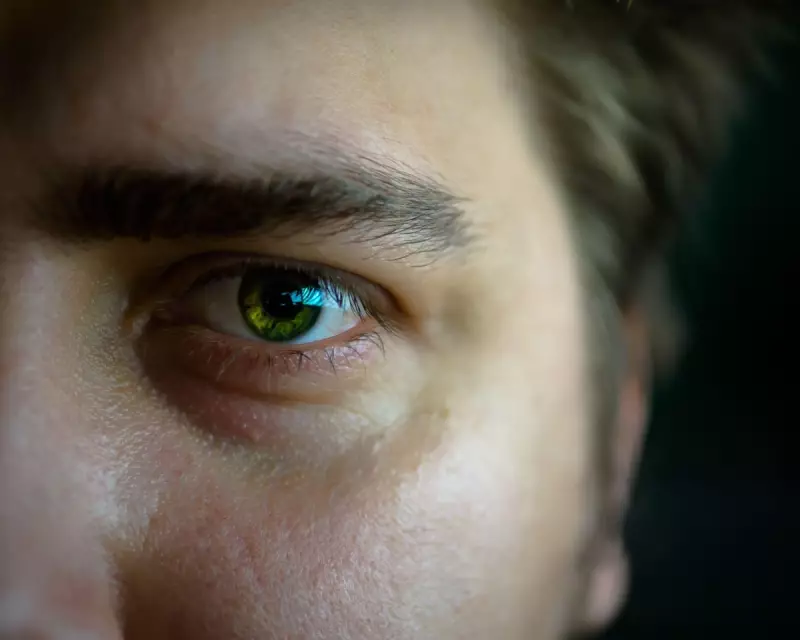
In a fascinating fusion of human expertise and artificial intelligence, researchers at University College London have made a breakthrough that could transform how machines identify faces. The secret? Learning from an elite group of individuals known as 'super-recognisers' - people with an almost supernatural ability to remember faces.
The Human Face Experts
These exceptional individuals, including officers from London's Metropolitan Police, possess what scientists describe as a 'gold standard' in facial recognition. Unlike most people who might struggle to recall a casual acquaintance from years ago, super-recognisers can identify someone they glimpsed briefly in a crowd decades earlier.
Professor Josh Davis, the lead researcher from UCL's Department of Psychology, explains the significance: "We're not just improving AI - we're understanding human intelligence itself. By studying how these experts process faces so effectively, we can teach machines to do the same."
How the Training Works
The research team employed an innovative approach:
- Tracking the eye movements of super-recognisers as they studied faces
- Analysing which facial features they focused on most intently
- Using this data to train AI systems to mimic these patterns
- Testing the AI against standard facial recognition systems
The results were striking. AI systems trained using super-recogniser techniques showed significant improvement in accuracy compared to conventional systems.
Beyond Security: Medical Applications
While the immediate applications in law enforcement and security are obvious, the research has far broader implications. The same technology could revolutionise medical diagnostics.
"Certain medical conditions cause subtle changes in facial features," notes Professor Davis. "An AI trained to notice the minute details that super-recognisers spot could help doctors identify conditions like rare genetic disorders much earlier."
The Future of Human-AI Collaboration
This research represents a new paradigm in artificial intelligence development. Instead of simply creating algorithms from scratch, scientists are learning from human experts at the peak of their abilities.
The collaboration between London's police super-recognisers and UCL researchers demonstrates how human expertise and machine learning can combine to create solutions that neither could achieve alone. As facial recognition technology continues to evolve, this human-inspired approach may become the new gold standard.





